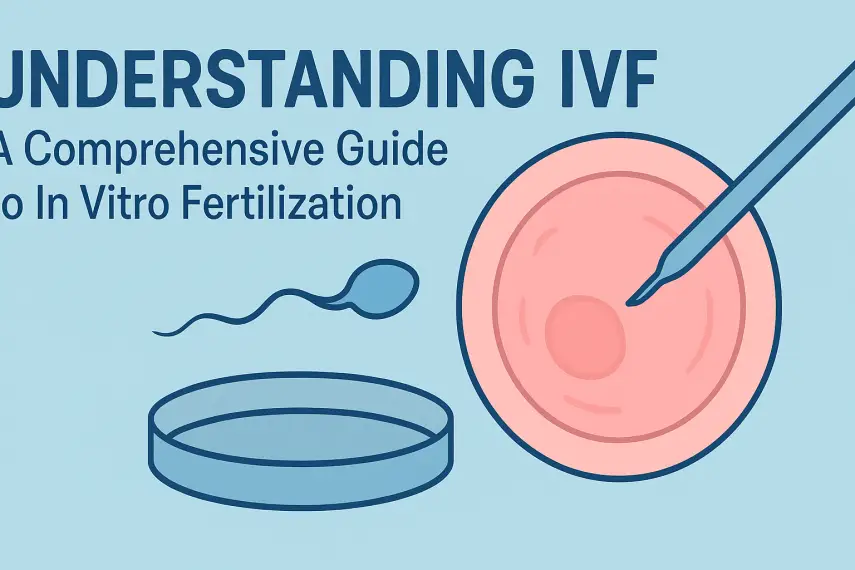
Mother & Baby Health: Essential Guide for a Healthy Journey
📑 Contents
Mother & Baby Health: Essential Guide for a Healthy Journey
Mother and baby health is a cornerstone of family wellbeing. From pregnancy through the early years of a child’s life, mothers and their babies require special attention, care, and support. This comprehensive guide provides practical, up-to-date information to help mothers navigate the journey of pregnancy, childbirth, and early parenting, ensuring the best possible start for both mom and baby.
Prenatal Care: Laying the Foundation for Health

Prenatal care is critical for monitoring the health of both the mother and the developing baby. Regular checkups, screenings, and healthy lifestyle choices can significantly reduce the risks of complications during pregnancy and childbirth.
Key Components of Prenatal Care
- Regular Checkups: Schedule monthly visits with your healthcare provider during the first 28 weeks, biweekly visits until week 36, and weekly visits until delivery.
- Screenings and Tests: Early ultrasounds, blood tests, and screenings for gestational diabetes, anemia, and infections are standard.
- Supplements: Take prenatal vitamins, especially folic acid, iron, and calcium, as prescribed.
- Healthy Lifestyle: Avoid smoking, alcohol, and drugs. Engage in moderate exercise and manage stress.
Nutrition for Expecting Mothers

A balanced diet during pregnancy supports fetal growth and maternal health. Nutrient needs increase, making it important to focus on quality food choices.
Essential Nutrients for Pregnancy
| Nutrient | Role | Sources |
|---|---|---|
| Folic Acid | Prevents neural tube defects | Leafy greens, fortified cereals, beans |
| Iron | Prevents anemia, supports baby’s growth | Red meat, lentils, spinach |
| Calcium | Develops baby’s bones and teeth | Dairy products, tofu, broccoli |
| Omega-3s | Supports brain and eye development | Fatty fish (salmon), walnuts, flaxseeds |
| Protein | Builds tissues and organs | Lean meats, eggs, beans, nuts |
Limit processed foods and sugar. Drink plenty of water and consult your healthcare provider for personalized recommendations, especially if you have dietary restrictions or allergies.
Postpartum Recovery: Caring for the Mother

After childbirth, a mother’s body needs time and support to heal. Postpartum recovery varies for each woman, but some common areas require attention.
Physical Recovery
- Rest: Sleep when the baby sleeps, and don’t hesitate to ask for help from family or friends.
- Nutrition: Continue eating a balanced diet to support healing and, if breastfeeding, milk production.
- Perineal Care: Practice good hygiene, use cold packs, and follow your doctor’s advice to ease soreness.
- Exercise: Gentle movement, like walking, can help with circulation and mood, but always consult your doctor before resuming exercise routines.
Mental and Emotional Well-being
Many mothers experience mood swings or “baby blues” due to hormonal changes, lack of sleep, and new responsibilities. If feelings of sadness, anxiety, or hopelessness persist, it could be postpartum depression—a condition that affects 1 in 7 women. Seek professional support if needed.
Newborn Care: The First Months
Newborns require attentive care to ensure their health and development. The first months are a period of rapid growth and adjustment for both baby and parents.
Feeding
- Breastfeeding: Recommended exclusively for the first 6 months. It provides ideal nutrition and immunity.
- Formula Feeding: Ensure the formula is prepared according to manufacturer guidelines and your doctor’s advice.
- Feeding Cues: Look for signs of hunger, such as sucking motions, rooting, or fussiness.
Sleep
- Newborns sleep 14–17 hours a day in short intervals.
- Always place babies on their backs to sleep, in a crib free of loose bedding and toys, to reduce the risk of SIDS (Sudden Infant Death Syndrome).
Hygiene and Safety
- Regularly change diapers and clean the umbilical cord area until it falls off.
- Never leave a baby unattended on high surfaces.
- Ensure car seats are installed correctly for every trip.
Common Health Concerns: What to Watch For
Awareness of common issues can help parents act swiftly and confidently when problems arise.
For Mothers
- Infections: Watch for fever, unusual pain, or discharge post-delivery.
- Breastfeeding Issues: Soreness, engorgement, or mastitis (breast infection) require prompt attention.
- Emotional Health: Persistent sadness or anxiety may indicate postpartum depression.
For Babies
- Jaundice: Yellowing of the skin or eyes in the first week requires medical assessment.
- Feeding Difficulties: Poor latching, frequent spitting up, or low urine output may signal a problem.
- Fever: Any fever in a baby under 2 months should be evaluated by a doctor immediately.
Building a Support Network
Having a strong support system is crucial for mother and baby health. Partners, family, friends, and community resources can provide practical help and emotional encouragement.
- Join local or online parenting groups for advice and support.
- Don’t hesitate to ask for help with household tasks, meals, or childcare.
- Consult professionals (lactation consultants, pediatricians, counselors) when needed.
Expert Tips for a Healthy Start
- Schedule and keep all prenatal and postnatal appointments.
- Stay informed about recommended vaccinations for both mother and baby.
- Trust your instincts—if something feels wrong, seek medical advice.
- Practice self-care: rest, nutrition, and time for yourself are not luxuries, but necessities.
Frequently Asked Questions (FAQs)
1. How soon should I schedule my first prenatal visit?
Ideally, you should see your healthcare provider as soon as you suspect you’re pregnant or within the first 8 weeks of pregnancy.
2. Is it safe to exercise during pregnancy?
Most women can continue moderate exercise during pregnancy. Always consult your doctor before starting or changing your exercise routine.
3. How do I know if my baby is getting enough milk?
Signs include regular wet diapers (6–8 per day after the first week), steady weight gain, and visible swallowing during feeds.
4. What are the signs of postpartum depression?
Symptoms include persistent sadness, loss of interest, fatigue, changes in sleep or appetite, and difficulty bonding with your baby. If you experience these, seek help from your healthcare provider.
5. How can I soothe a fussy newborn?
Try swaddling, gentle rocking, white noise, or a warm bath. Sometimes, babies cry for no clear reason—if crying is excessive or you are concerned, consult your pediatrician.
Summary
Mother and baby health is a multifaceted journey, encompassing physical, emotional, and practical aspects. With proper prenatal care, balanced nutrition, supportive recovery, and attentive newborn care, families can lay a strong foundation for lifelong wellness. Stay proactive, reach out for support, and trust that with the right information, you are giving your child the healthiest start possible.











